Question And Answer
Publications
Articles, publications, books, tools and multimedia features from the U.S. Institute of Peace provide the latest news, analysis, research findings, practitioner guides and reports, all related to the conflict zones and issues that are at the center of the Institute’s work to prevent and reduce violent conflict.
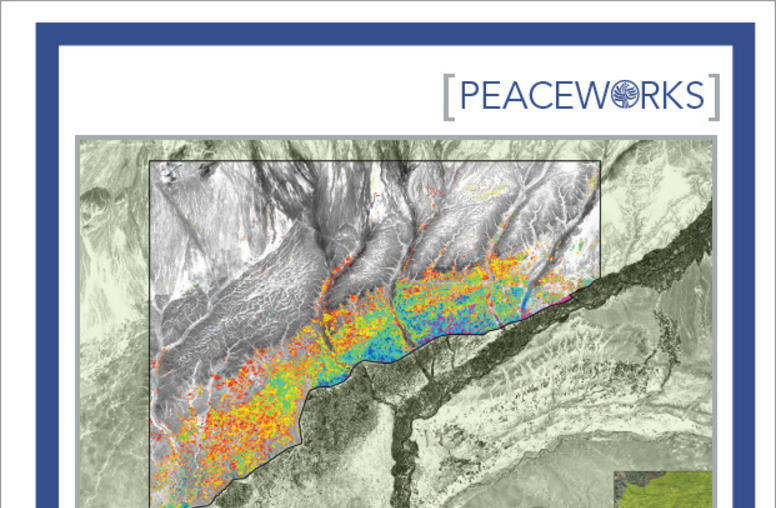
Afghanistan Post-2014
Geospatial analysis and mapping have a critical role to play in reconstruction efforts in conflict-affected regions. This report explains the core problem in typical data collection techniques: bias. Data is collected only where collection is safe and thus is not representative. To be more effective, development programs need more in-depth analysis of their reconstruction efforts, even in the most insecure spaces.
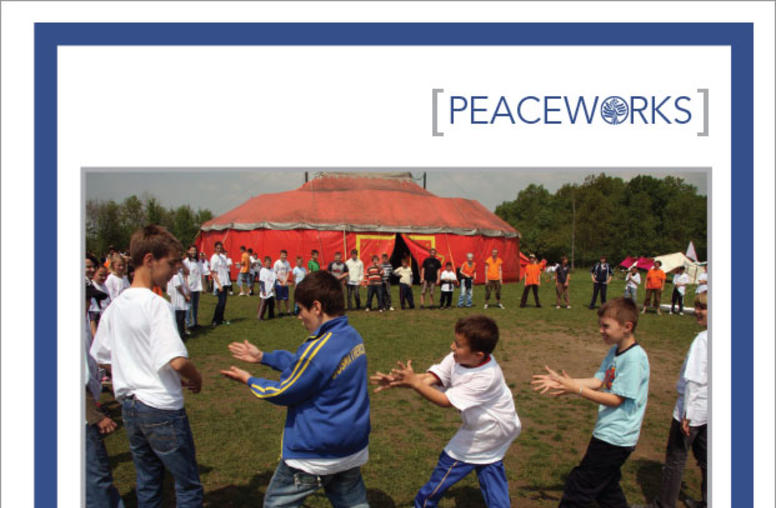
Reconciliation in Practice
Reconciliation projects face two critical challenges: the situation on the ground in postconflict settings and the gap between reconciliation theory and practice. If the society is to transition successfully to a new path forward, the critical knowledge gap must first be closed. The first step is assessing work recently completed or now in progress. How do organizations even define reconciliation? What activities are being undertaken to that end? What theories underpin intervention strategies...
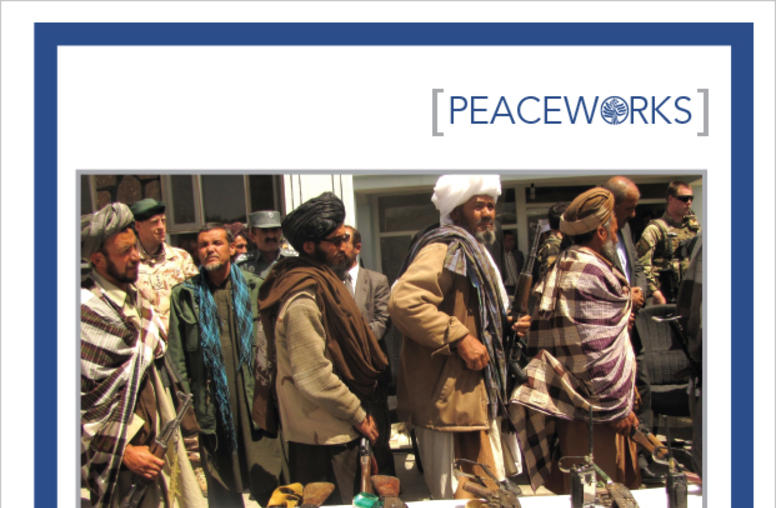
The Politics of Disarmament and Rearmament in Afghanistan
Four international programs designed to disarm, demobilize, and reintegrate militias in Afghanistan since 2001 have largely failed. They have instead largely reinforced existing power relations. Perhaps their gravest impact has been to deepen patterns of political exclusion that underlie much of the violence that have driven support for the insurgency. Demilitarization, this report makes clear, is only part of a wider political process, both with Taliban leaders and between pro-government fac...
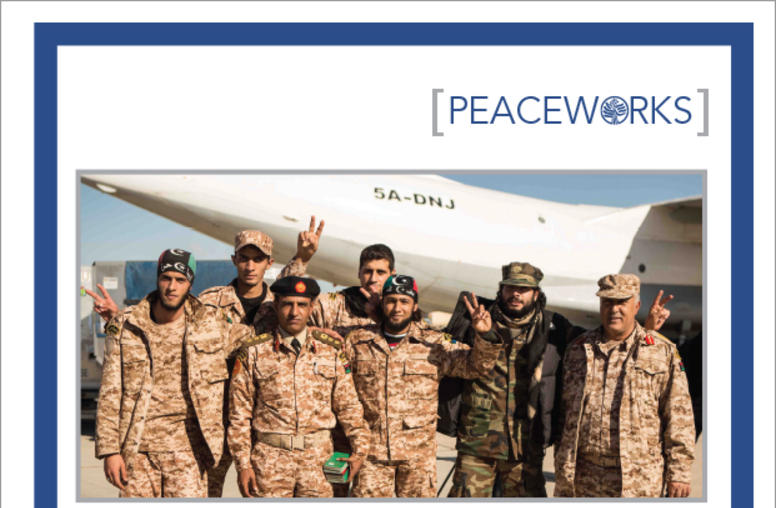
Perceptions of Security in Libya
Three years after the fall of Muammar Gadhafi and his regime, Libya is again on the brink of civil war. Various circumstances underlie this predicament—mistrust between regions, political power struggles, and sporadic and uncoordinated security and justice sector reforms. So that better understanding of the security needs of Libyan citizens today is possible, this report assesses the popular legitimacy of security providers in the country today and identifies their local, religious, and legal...
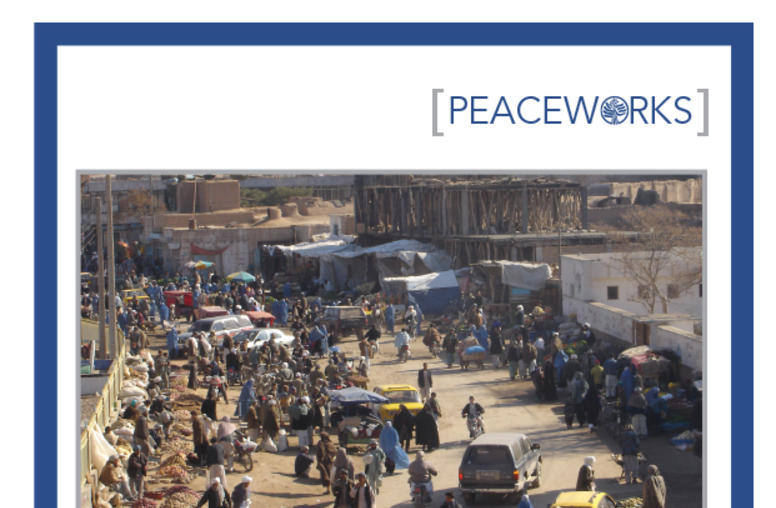
Political and Economic Dynamics of Herat
The city of Herat sits in Afghanistan’s most western province, on the border with Iran, and is significant on several counts. A major trading hub and the largest city in the region, it is in some respects an exemplar for the entire country. One the one hand it is a prevailing spirit of enterprise, on the other persistent insecurity and ad hoc urban development. How the new national unity government in Kabul unfolds will have significant implications for how Herat is able to meet the challenge...
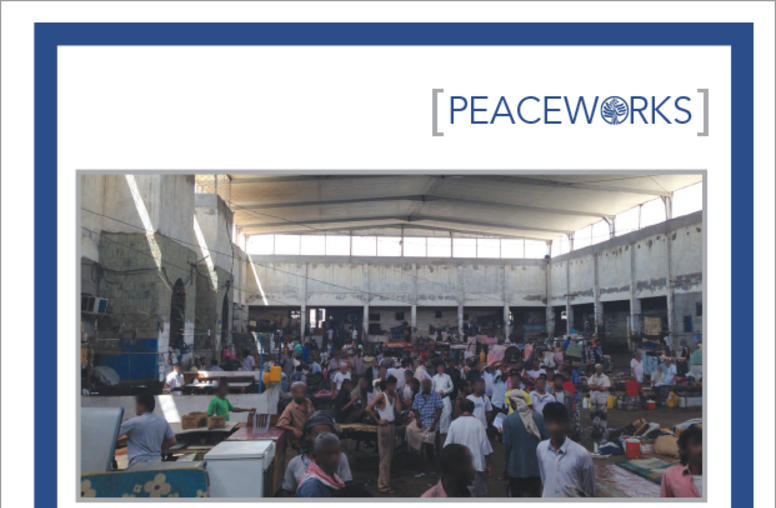
Prisons in Yemen
Since the 2011 Arab Spring crisis, Yemen has faced ongoing serious security sector challenges. Part of this reform effort is the country’s prison system, which this report—drawing on visits to thirty-seven facilities in six governorates—documents from a systems perspective. This report provides a more in-depth assessment of detention facilities and their role within larger rule of law challenges. Opportunities for prison reform are emerging, many well within reach. Arabic language version ava...
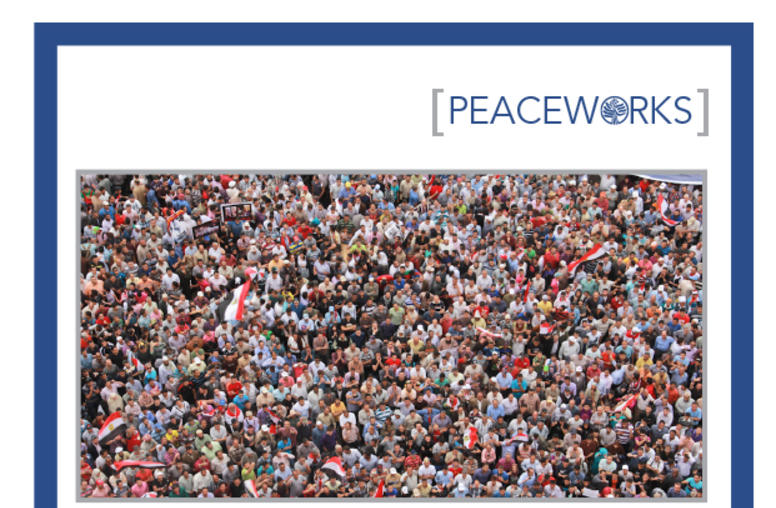
Participatory and Inclusive Constitution-Making
In the wake of the Arab Spring, citizens across the Middle East and North Africa are demanding reforms from their governments. How these governments respond to their people and promote inclusive constitution-making processes may determine whether their new social compacts lead to a durable peace. This report draws from the work of scholars and constitution makers who have been exchanging ideas about how to ensure that modern constitutions incorporate the needs and aspirations of the citizens ...
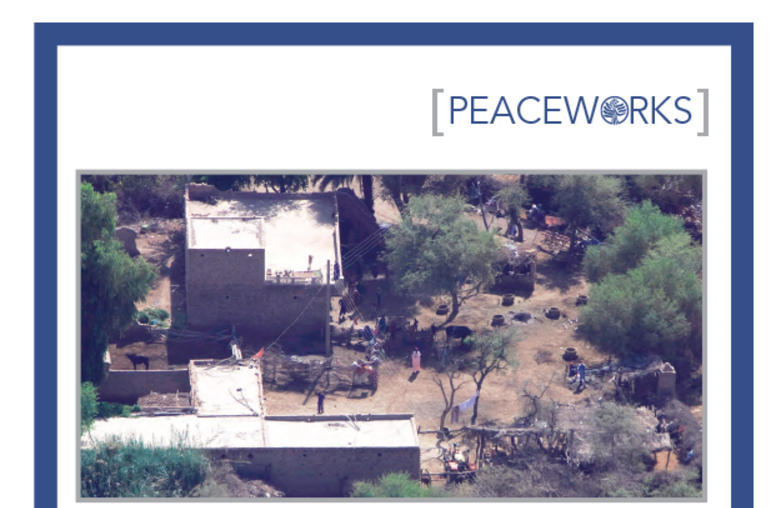
Conflict Dynamics in Sindh
Pakistan’s southern province of Sindh has a reputation for stability, diversity, and tolerance. It is also at a tipping point—increasingly threatened by violent extremism, crime, political corruption, tribal feuds, and nationalist and separatist movements. If the province is not to become yet another base for militants, as areas to the north already are, the government needs to act promptly and decisively. Addressing the security situation in Sindh is also integral to stabilizing Karachi, whi...
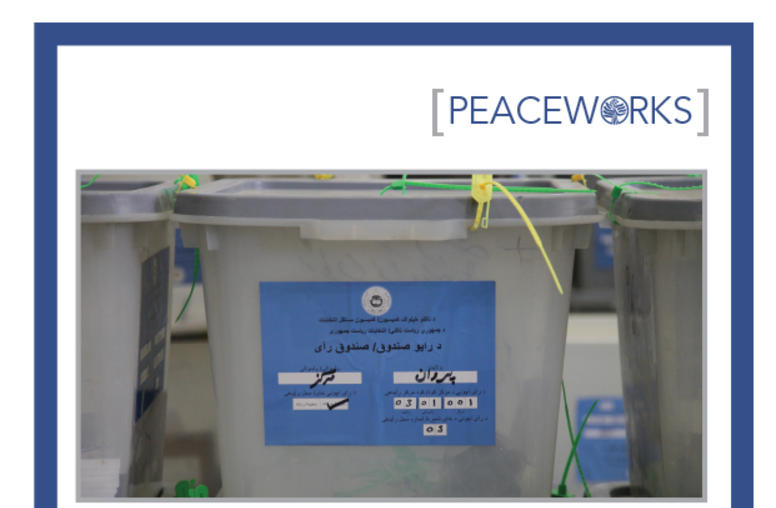
Violence, the Taliban, and Afghanistan’s 2014 Elections
This report sheds light on the controversial 2014 presidential election in Afghanistan through the murky lens of the Taliban. How did they view it? Was the violence as high as in previous elections? What were their strategies in the lead-up? How did it affect their image, if at all? What strategies are they adopting in its wake? Are they moving closer to Afghan mainstream politics, which for the most part is still made of strongmen, manipulation, and corrupt patronage networks rather than bas...
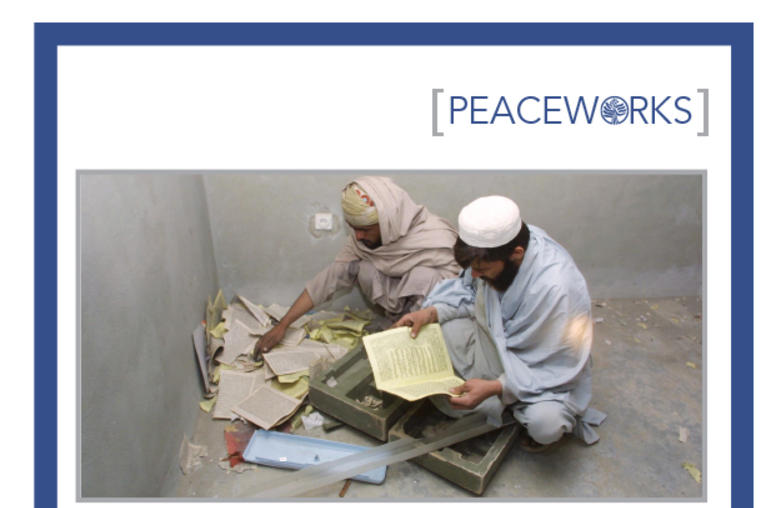
Rhetoric, Ideology and Organizational Structure of the Taliban Movement
This report examines the evolution of the Taliban case for armed struggle and the minimal adjustments Taliban rhetoricians made to cope with the impending political change in Afghanistan in 2014. It considers how the Taliban might make a case for peace, should they take the political decision to engage in negotiations.